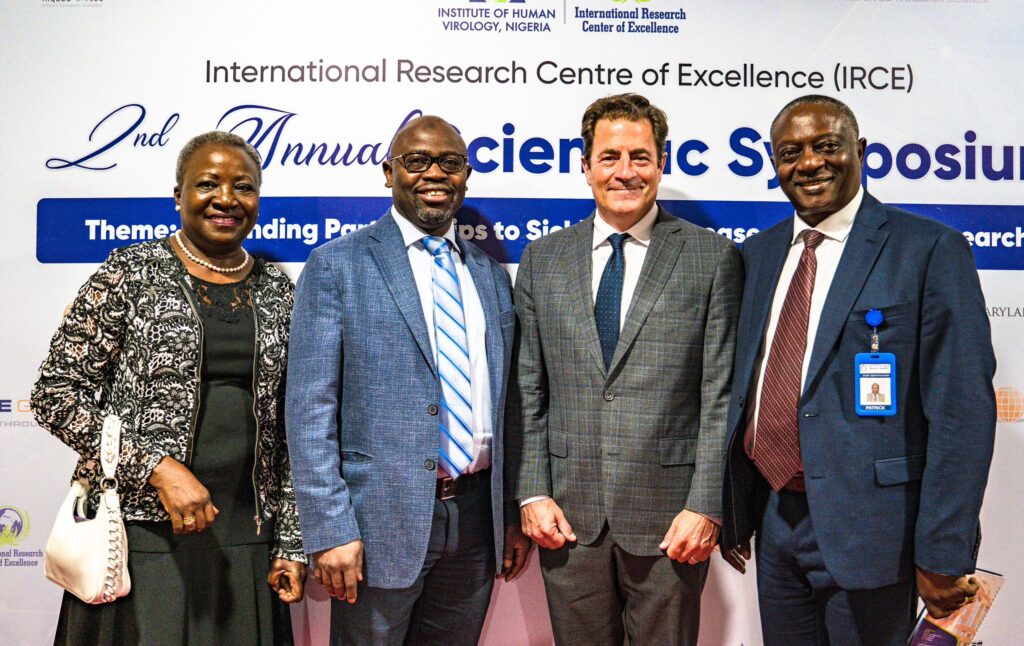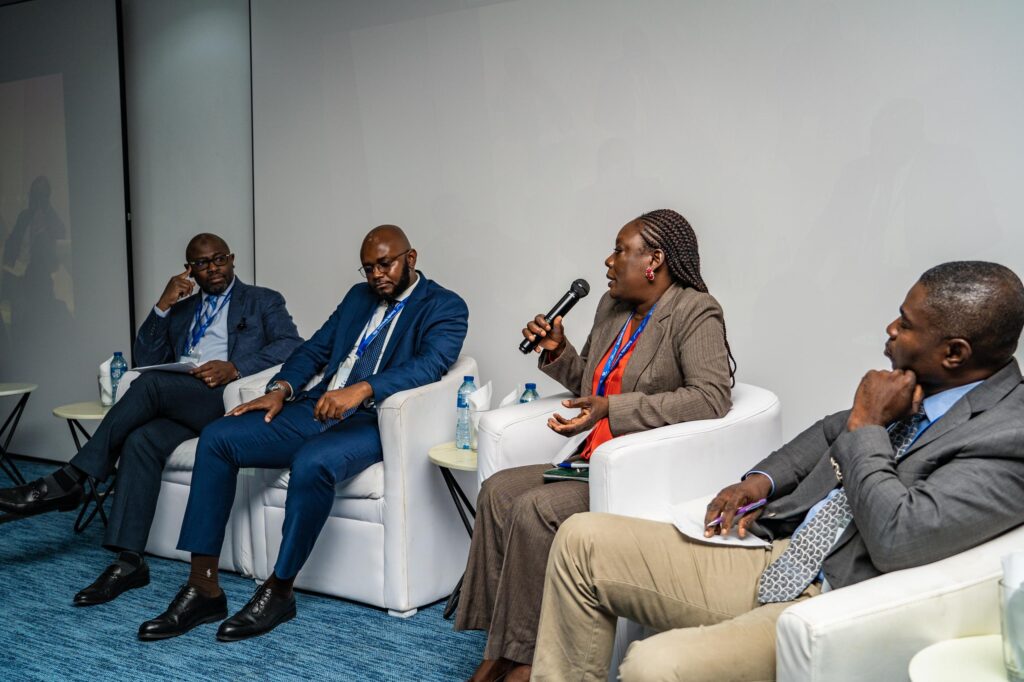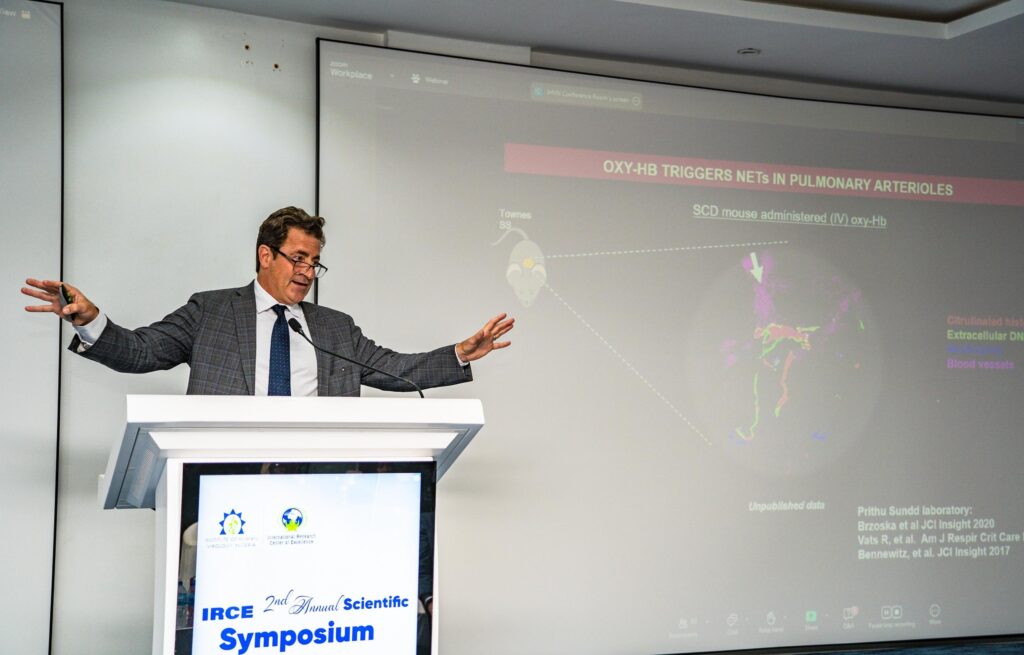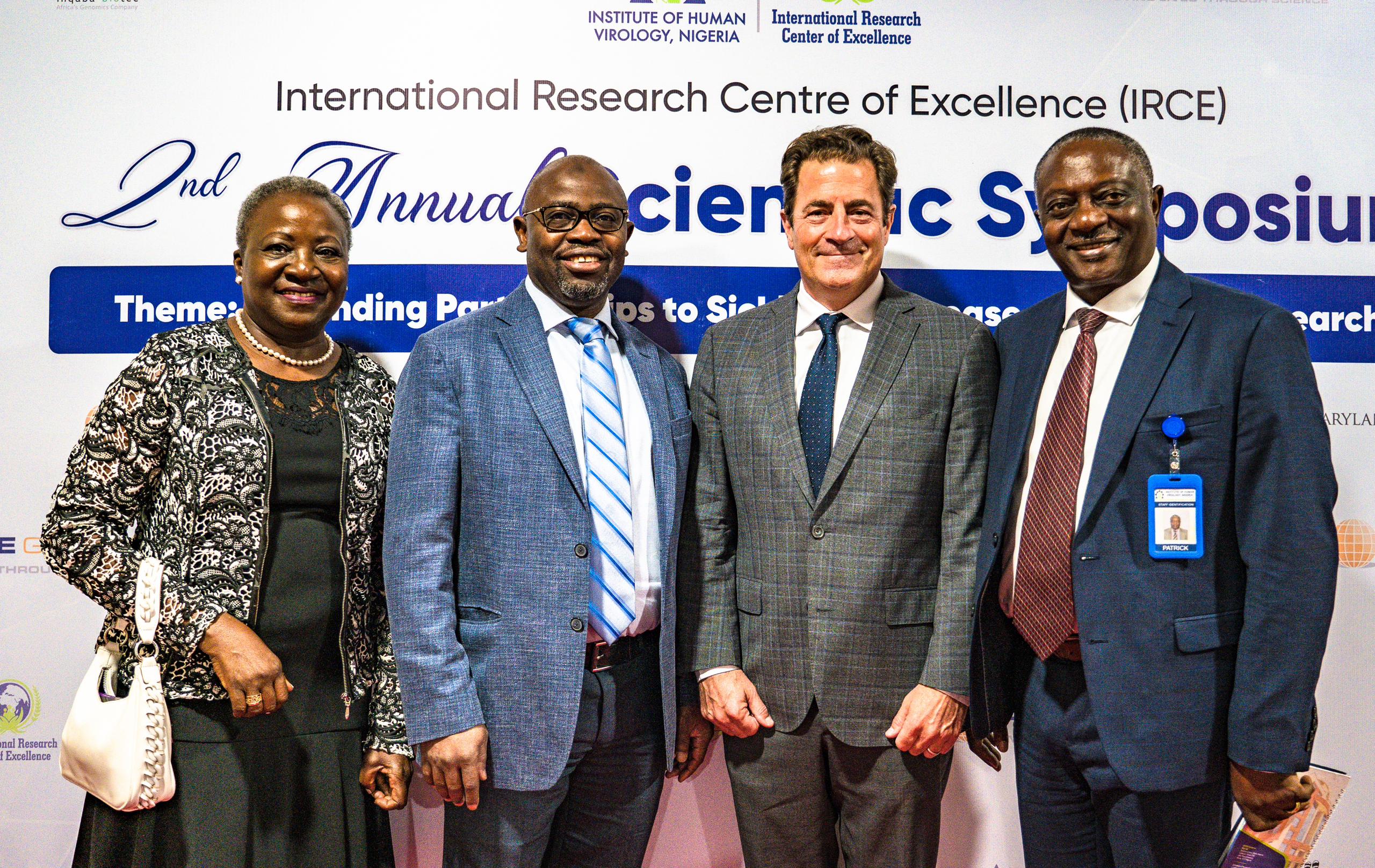Experts on Sickle Cell Disease and Cancers have converged to exchange ideas and promote collaborative efforts at the 2ND Annual Scientific Symposium of the International Research Center of Excellence (IRCE).
At the two-day symposium, the Dean of the University of Maryland School of Medicine, Baltimore, USA, Dr. Mark Gladwin, said that Nigeria has the most babies born with Sickle Cell Disease than any country of the world.
Dr Gladwin, an expert in Sickle Cell Disease and Pulmonary Hypertension, added that “Often, Sickle Cell Disease is put on lower priority than HIV, malaria and tuberculosis because Africa faces many infectious health challenges. In the same way that we see that HIV is controlled with medications, medications are being developed for sickle cell. What is important is to identify a baby with sickle cell early.”
He recommended the use of hydroxyurea to reduce the damaging effects of sickle cell on organs and prevent complications that may occur in adulthood.
“Hydroxyurea has a very big effect. It improves survival and reduces painful attacks and organ damage. It is not a cure but it makes a significant impact,” the Dean said.
He noted that with the progress of science, more new therapies are being developed for sickle cell disease.
Dr. Gladwin said that the University of Maryland ‘s long standing partnership with Nigeria through the Institute of Human Virology Nigeria (IHVN) in HIV, tuberculosis and malaria will be leveraged upon to address non-communicable diseases like cancer, hypertension and sickle cell disease.
Earlier, IHVN Chief Executive Officer, Dr. Patrick Dakum welcomed both local and international experts to the symposium and said that the Institute is expanding its partnerships among public, private and faith-based organizations.
“In terms of partnerships, ever since we started in 2024, we engaged both the public and private sector. In terms of the grants that we are currently implementing with several actors, we are seeking partnerships with both local and international institutions,” Dr Dakum said.
IRCE Executive Director, Prof. Alash’le Abimiku expressed optimism that the meeting will foster relationships to drive scientific innovation and progress. She said the center will continually strive to be “a fertile ground for discovery, collaboration and development of young talents, while promoting ethical conduct of research for the benefit of local and international communities.”




